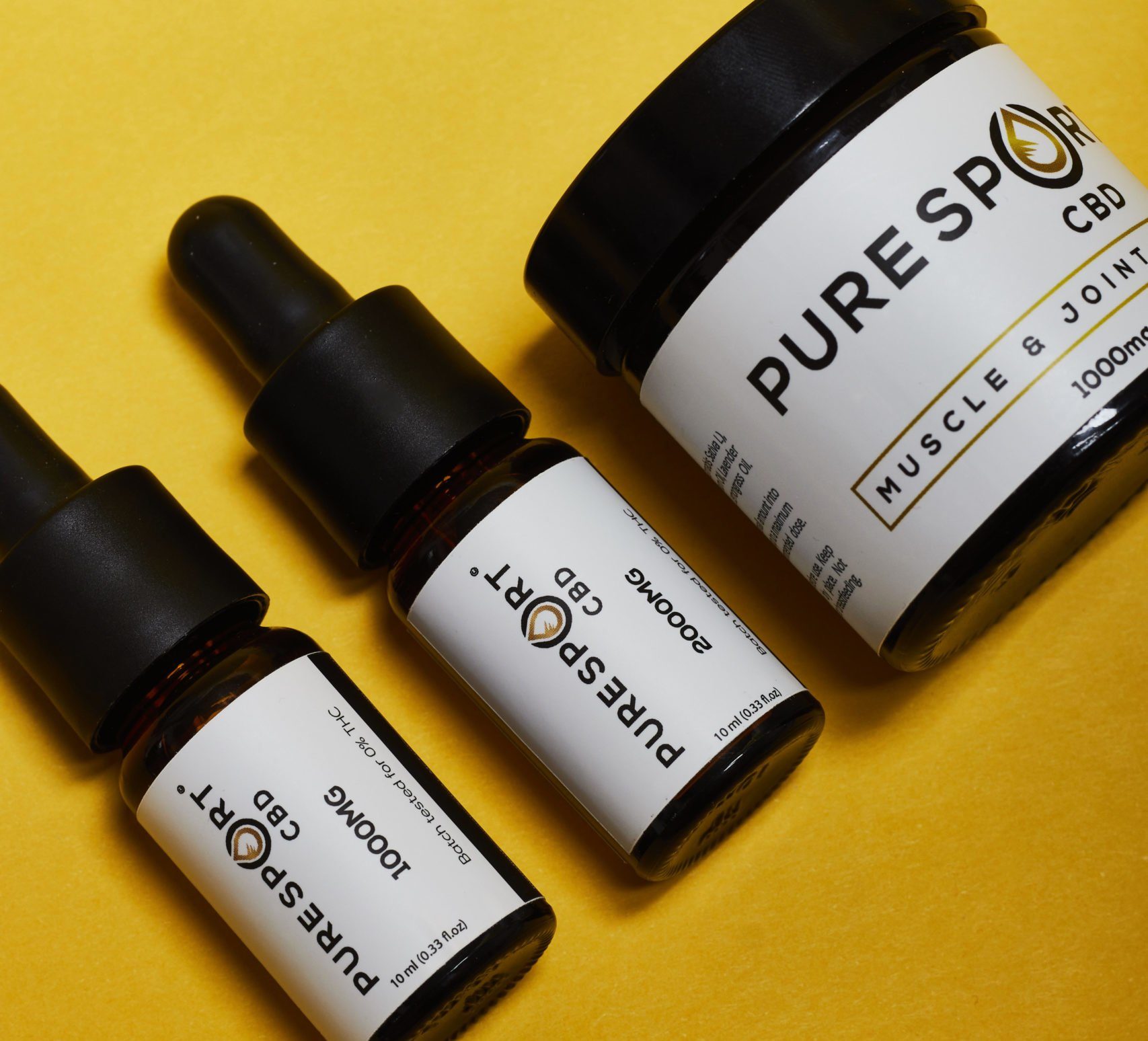Last Updated on November 13, 2023 by Jamie
A Dark Chocolate Intro
Welcome to a Chocolaty Journey of Wellness!
Picture this: A world where indulging in your chocolate cravings not only satisfies your taste buds but also boosts your health! That’s right, we’re talking about the dark, luscious, and richly flavored dark chocolate. Far from being a guilty pleasure, dark chocolate, especially when enjoyed in moderation, emerges as a surprising ally in your health and fitness regimen.
But wait, isn’t chocolate supposed to be a diet no-no? Here’s the twist: Not all chocolate is created equal. Dark chocolate, with its high cocoa content and minimal processing, stands out from its milkier and sweeter counterparts. It’s packed with nutrients and bioactive compounds that can positively influence your health.
In this article, we’re going to unwrap the layers of dark chocolate and reveal why incorporating this delicious treat into your diet – not once, but twice a day – could be a game-changer for your health. We’ll explore the scientific backing behind these benefits, focusing on how dark chocolate isn’t just a treat for the taste buds but also a boon for your body.
So, let’s embark on this chocolaty journey of discovery, where each bite brings you closer to understanding the delightful and healthful secrets of dark chocolate!

What Makes Dark Chocolate a Health Powerhouse?
The Heart of the Matter: Flavanols
Key Ingredient: Flavanols
Flavanols are the shining stars in the universe of dark chocolate. These are not just any ordinary nutrients; they are potent antioxidants that play a crucial role in promoting heart health. But how exactly do they work their magic?
- Improved Blood Flow: Flavanols have a remarkable ability to stimulate the endothelium, the inner lining of blood vessels, to produce nitric oxide. This tiny molecule is a big deal – it sends signals to the arteries, telling them to relax, which reduces resistance to blood flow and thus lowers blood pressure. A study published in the Journal of the American Heart Association confirmed that regular consumption of flavanol-rich cocoa leads to a significant improvement in vascular function.
- Reducing Heart Disease Risk: By improving blood flow and lowering blood pressure, flavanols help reduce the risk of heart disease. A meta-analysis of studies, as seen in the British Medical Journal, found that higher chocolate consumption is associated with a significantly lower risk of cardiometabolic disorders.
- Antioxidant Effects: Flavanols also combat oxidative stress in the body, which is linked to heart disease. They neutralize free radicals, harmful substances that can damage cells and tissues, thereby reducing the risk of chronic diseases.
Sweet Brain Benefits
Boosting Brain Power
Dark chocolate isn’t just good for the heart; it’s also a brain booster. The flavanols in dark chocolate increase blood flow to the brain, which can lead to improved cognitive functions.
- Enhancing Cognitive Abilities: Research suggests that the increased blood flow to the brain due to flavanol intake can lead to improved cognitive abilities. A study in the Neurology journal reported that older adults who consumed high-flavanol cocoa for several weeks showed enhanced cognitive performance compared to those who consumed low-flavanol cocoa.
- Potential in Neurodegenerative Diseases: The improved blood flow and antioxidant properties of flavanols might also offer protective benefits against neurodegenerative diseases like Alzheimer’s and Parkinson’s, though more research is needed in this area.
Mood Enhancer
Feel-Good Food
The feel-good factor of dark chocolate is backed by science. It contains several compounds that can positively affect mood and mental health.
- Endorphin Boost: Dark chocolate stimulates the production of endorphins, the body’s natural feel-good chemicals. This can lead to a feeling of euphoria similar to the “runner’s high” experienced after exercise.
- Serotonin Levels: It also contains serotonin, a neurotransmitter that acts as a natural antidepressant. This can help elevate mood and even combat depression.
- Stress Reduction: Studies have shown that consuming dark chocolate can reduce levels of stress hormones in the body, making it a delicious way to unwind after a long day.
How Much is Too Much?
The Right Balance
While the health benefits of dark chocolate are certainly enticing, it’s important to remember that moderation is key. Here’s how to enjoy dark chocolate in a way that’s beneficial and not excessive:
- Portion Size: The ideal portion size for reaping the health benefits without overloading on calories and fat is about one ounce (or 28 grams) of dark chocolate. This roughly translates to a small square or two, depending on the bar.
- Cocoa Content: The health benefits are primarily linked to the flavanol content in the chocolate, which is higher in chocolates with a greater percentage of cocoa. Aim for dark chocolate with at least 70% cocoa for the best balance of taste and health benefits.
- Frequency: Consuming dark chocolate twice a day can be a part of a healthy diet, but it’s important to consider what else you’re eating throughout the day to maintain a balanced diet.
- Caloric Intake: Keep in mind that dark chocolate, like any other treat, contains calories. An ounce of dark chocolate typically has around 150 to 170 calories, so it should be consumed as part of your calorie intake for the day.
- Sugar Content: Although dark chocolate has less sugar than milk chocolate, it can still contain added sugars. It’s best to read the label and choose options with the least amount of added sugar.
A Note on Individual Variability
It’s also important to remember that individual dietary needs can vary. Factors like metabolism, existing health conditions, and overall diet should be considered when incorporating dark chocolate into your daily routine. As always, it’s a good idea to consult with a healthcare professional or a dietitian if you have specific health concerns or dietary requirements.
Choosing the Right Dark Chocolate
Quality Matters
Not all dark chocolates are created equal when it comes to health benefits. Here’s what to look for to ensure you’re picking the healthiest option:
- High Cocoa Content: The health benefits of dark chocolate come from its cocoa content. Look for bars that contain at least 70% cocoa. The higher the percentage, the more flavanols the chocolate will have, and the less room there is for added sugar and fat.
- Minimal Ingredients: The best dark chocolate bars have a short ingredient list. Ideally, they should contain cocoa mass, cocoa butter, and a sweetener. Avoid bars with added flavors, artificial sweeteners, or high amounts of added sugar.
- Quality of Ingredients: Organic and fair-trade chocolate might be more expensive, but they often indicate a higher quality product with purer ingredients and more ethical production practices.
- Sugar Content: While dark chocolate naturally contains some sugar, the amount can vary significantly between brands. Aim for those with the least amount of added sugar to enjoy the health benefits without the downsides of excessive sugar consumption.
- Non-Alkalized Chocolate: Some dark chocolates are processed with alkali, a process known as “dutching.” This process can significantly reduce the flavanol content. Look for non-alkalized or minimally processed chocolate to ensure you’re getting the most health benefits.
Taste Preferences
Remember, the taste is a personal preference. Higher cocoa content chocolates can be more bitter, so it may take some time to adjust if you’re used to sweeter milk chocolate. Start with lower percentages and gradually work your way up to find your ideal balance of health benefits and enjoyable flavor.
Conclusion
A Tasty Path to Wellness
Dark chocolate, often seen as a mere indulgence, actually holds a treasure trove of health benefits. From improving heart and brain health to boosting mood and mental well-being, this delicious treat, when consumed in moderation, can be a valuable addition to a balanced diet.
Key Takeaways
- Health Benefits: Dark chocolate, rich in flavanols and other antioxidants, offers significant benefits for heart health, cognitive function, and emotional well-being.
- Moderation is Key: To reap these benefits, consume dark chocolate in moderation—about one ounce, twice a day, with at least 70% cocoa content.
- Quality Over Quantity: Choose high-quality dark chocolate with minimal added ingredients and low sugar content for the best health outcomes.
- A Balanced Approach: Remember to consider dark chocolate as part of your overall diet and caloric intake, ensuring a balanced and varied diet.
Embrace the Dark Side (of Chocolate)
So, next time you reach for that bar of dark chocolate, remember that you’re not just satisfying a sweet craving, you’re also doing something good for your body. Dark chocolate is a perfect example of how something that tastes indulgent can also be beneficial for your health.
Indulge responsibly, savor each piece, and embrace the delightful journey towards health and wellness with dark chocolate!
Further Reading and References
For more detailed information and research studies on the benefits of dark chocolate, you can refer to the following sources:
- “Flavanol-rich cocoa consumption affects multiple cardiovascular risk factors in a meta-analysis of short-term studies,” Journal of Nutrition.
- “Chocolate and Cognitive Health: An Associative Study,” Neurology.
- “Dark chocolate: To eat or not to eat? A review of the health benefits,” Journal of Clinical Hypertension.







